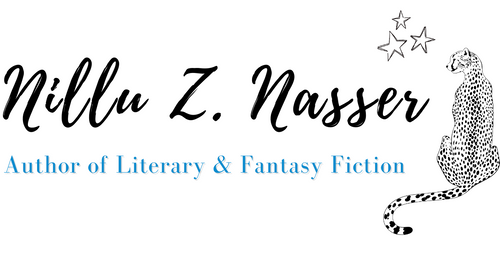
Photo by Jonathan Emmanuel Flores Tarello
This blog dips into my thought waves, and often I spill onto the page what I am discovering myself. In that way, it’s a record of my learning and journey to publication. It’s been a long time coming, but I am finally within sight of finishing the first draft of my novel. I am both excited and terrified!
Redrafting
Once the final sentence has been written, I plan to set the novel aside for a few weeks. Common wisdom tells us to gain distance from the manuscript before diving into the editing trenches. Much of my novel has been submitted to my critique group (I’ve waxed lyrical about The Virtual Writer’s Workshop before here for the writers amongst you, who might be interested). Draft 2 will be a chance to consider workshop comments and my own intuition about what could work better.
For me, that means spending time with my family before reaching for a red pen and reading my novel through with a big picture view, and an eye for plots holes, inconsistent characterisation, pacing and gaps in research. I also want to add additional colour to my settings, and will be immersing myself in movies and picture books about Mumbai.

A team effort
Writing is a solitary activity, but whatever publishing route we take – self-published, indie, traditional or hybrid – it is clear that preparing a book for the market is a team effort. It’s up to you to decide on the make-up of your team, but they may include: critique groups, beta-readers, cover artist, proofreader, editor, marketing assistant and formatter. In many ways, this part of the process, having invested so much time and passion into the story so far, is more nail-biting than the actual writing.
Types of editors
As my plan is to submit to agents, I am planning to improve my story as much as possible by myself, enlist the help of beta readers and then start the query process. I have also begun to think about professional editing. This is a must for self-published novels, but it may also be worth considering if repeated feedback from agents reveals the manuscript it not quite ready yet. Leave plenty of time to choose the right freelance editor for you. You don’t want to miss out on finding the right editor match just because you haven’t planned ahead. A good editor can make a difference in your quest for an agent, the reviews you get, and critical acclaim.
First you need to know what you are looking for:
- A content editor looks at the structure of your novel: character arcs, pacing and plot holes.
- A copy editor looks at your language and checks facts: readability, grammar use, consistency of style.
- A line editor gives the manuscript at final read though: checking for wandering punctuation, spelling errors, those niggling errors that you miss because you have read your work a hundred times over.

You’ll be looking for someone with a track record of editing novel manuscripts, who has specialised in your genre, someone who is positive, has good communication skills and can meet deadlines. Someone who will be in your corner and where there is mutual respect. A good way of checking how you work together is to ask for a sample edit.
Keep in mind that if you leave the search too long, you might have to settle for the editor who is free, rather than the one you wanted. Often short notice means higher rates. Most editors will provide rates based on your word count and timeframe, in addition to their level of experience. However tempting it is to hire the editor of your dreams, be wary of your budget. Money spent now will invariably improve your manuscript but you need to weigh this up against how likely it is you will recoup your outlay. The Editorial Freelancers Association is a good place to compare rates. Don’t forget to enquire whether the rates include reading through your revisions.
As for where to look, start by asking writer friends for recommendations. NaNoWriMo, Goodreads and World Lit Café have boards where editors advertise their services. Twitter users amongst you may well be aware of editors amongst those you follow. Check the acknowledgements in your favourite books or for the names of editors in the press coverage of books you admire. Be sure to get references, and to ask for a list of books the editor has already worked on.

Photo by Harry Pammer
Enlisting the help of beta-readers
Once your book is as perfect as it can be, consider using beta-readers. Many moons ago, I started thinking about who I might ask to beta-read my novel. I’ll be asking for the help of those who are familiar with literary fiction, and possibly romance too. As the novel is based in India, beta-readers who can shed light on my use of setting and cultural norms will be key. Feminism and patriarchy weave through this story, and I’m interested to see how readers of both genders experience it. As a rule of thumb, if more than one person mentions an aspect needing work, I’ll sit up and listen.
And there you have it: my plan for the next few months. I’m not sure I ever envisaged such a steep learning curve all the way through this process. I’d love to hear from those of you who have travelled this road before, about what you learned, what you enjoyed, and what you hated. Onwards!
